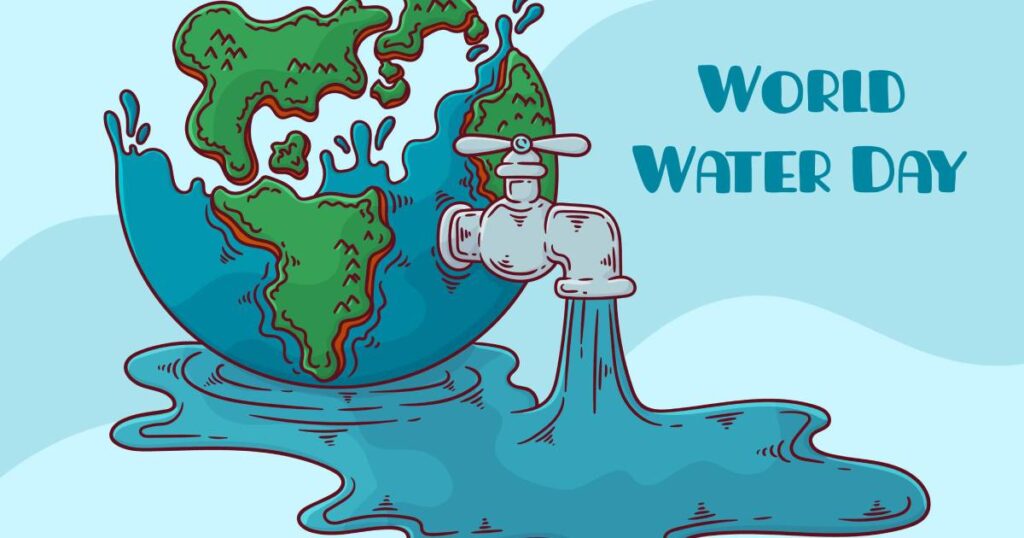
World Water Day is observed annually on March 22nd to highlight the importance of freshwater and advocate for the sustainable management of water resources. This global event serves as a reminder of the vital role water plays in our lives, ecosystems, and economies. As the world faces growing water challenges, it becomes increasingly crucial to address issues such as water scarcity, pollution, and access to clean water.
Water is essential for all forms of life, yet millions of people worldwide lack access to safe and clean drinking water. According to the United Nations, approximately 2.2 billion people globally lack access to safely managed drinking water services, while around 4.2 billion people lack access to safely managed sanitation services. Ensuring universal access to clean water and sanitation is essential for improving health, reducing poverty, and promoting sustainable development.
One of the primary objectives of World Water Day is to raise awareness about water-related issues and advocate for sustainable water management practices. This includes promoting water conservation, reducing water pollution, and enhancing water efficiency in agriculture, industry, and households. Sustainable water management involves balancing competing water needs, protecting water sources, and investing in water infrastructure and technologies.
Climate change exacerbates water challenges, leading to more frequent and severe droughts, floods, and other extreme weather events. These impacts threaten water availability, quality, and reliability, particularly in vulnerable communities. Addressing climate change is therefore critical for ensuring water security and resilience.
World Water Day also serves as a platform to celebrate the achievements and successes in water management and conservation. It highlights innovative solutions, best practices, and initiatives that contribute to sustainable water development. From community-led water projects to large-scale infrastructure investments, various efforts are underway to address water challenges and improve access to clean water and sanitation worldwide.
Achieving the Sustainable Development Goal 6 (SDG 6) – ensuring availability and sustainable management of water and sanitation for all – requires collective action and commitment from governments, businesses, civil society, and individuals. It involves adopting integrated water resources management approaches, promoting water efficiency, and investing in water infrastructure and governance.
Education and awareness-raising are essential components of World Water Day, empowering individuals and communities to take action to protect and conserve water resources. By promoting water literacy and fostering behavioral change, we can encourage water-saving practices, promote environmental stewardship, and build a culture of water conservation.
In addition to domestic water use, sustainable water management also encompasses industrial and agricultural water use. The industrial sector plays a significant role in water consumption and pollution, highlighting the importance of adopting water-efficient technologies and practices. Likewise, agriculture is the largest consumer of freshwater globally, emphasizing the need for sustainable irrigation, soil conservation, and water-saving techniques.
In conclusion, World Water Day serves as a global platform to raise awareness, inspire action, and advocate for sustainable water management. By recognizing the importance of water and prioritizing its conservation and protection, we can ensure the availability of clean water for future generations and safeguard our planet’s most precious resource. As we commemorate World Water Day, let us renew our commitment to preserving our lifeline and building a more water-secure and resilient world for all.